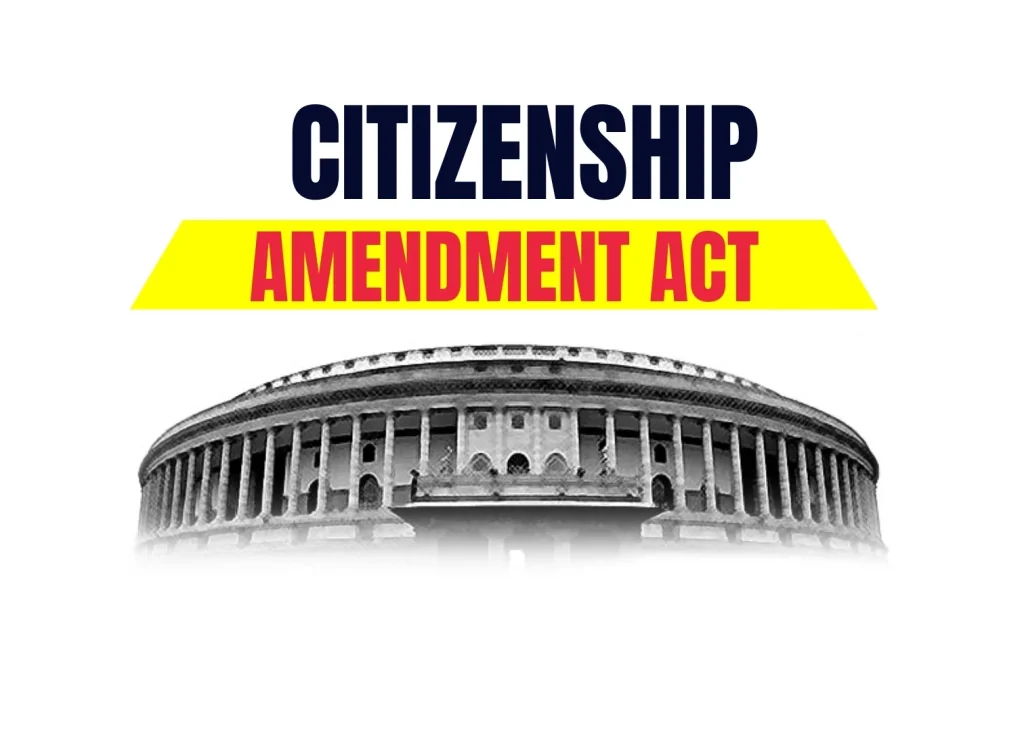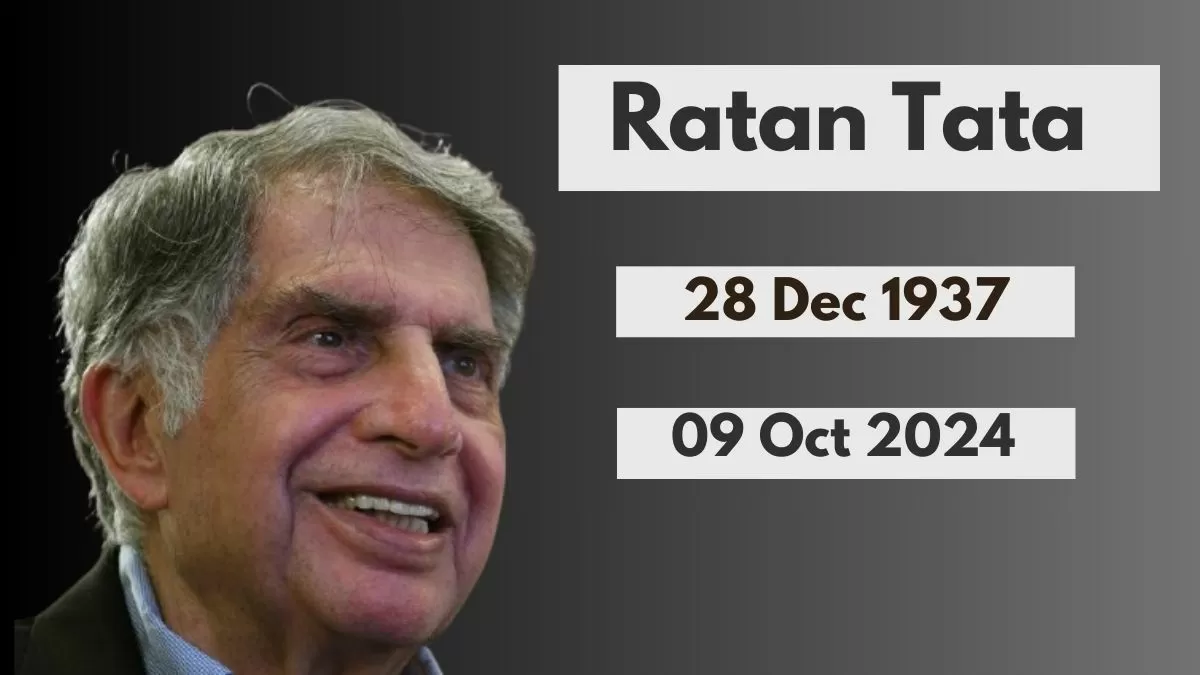
Citizenship refers to the legal status granted to an individual by a country, signifying their membership in that nation. It comes with certain rights, duties, and responsibilities.
Constitutional Provisions of Citizenship:
-
- Article 5: Citizenship at the commencement of the Constitution.
- It grants citizenship to people who were domiciled in India at the commencement of the Constitution (January 26, 1950), and who were either born in India, or had Indian ancestry, or had been residing in India for at least 5 years before this date.
- Article 6: Rights of citizenship for persons who migrated from Pakistan to India.
- It grants citizenship to individuals who migrated to India from Pakistan before July 19, 1948. Individuals who migrated after this date must register with the government of India to acquire citizenship.
- Article 7: Rights of citizenship for persons who migrated to Pakistan but later returned.
- It addresses individuals who migrated to Pakistan after March 1, 1947, but later returned to India under a resettlement permit and allows them to become citizens of India.
- Article 8: Citizenship rights for Indians living abroad.
- It grants citizenship to individuals of Indian origin residing outside India, provided they register with the Indian Consulate in the country where they are living.
- Article 9: Persons voluntarily acquiring citizenship of a foreign state.
- This article disqualifies individuals from Indian citizenship if they voluntarily acquire the citizenship of a foreign country.
- Article 10: Continuance of citizenship.
- It ensures that persons who are or become citizens of India shall continue to be citizens, subject to any future laws enacted by Parliament.
- Article 11: Parliament’s authority to regulate citizenship by law.
- It empowers Parliament to make laws regarding the acquisition, termination, and other matters related to citizenship, which led to the enactment of the Citizenship Act, 1955.
- Article 5: Citizenship at the commencement of the Constitution.
Note: India does not have dual citizenship like the USA, where there are different citizenships for states and union. India only has a single citizenship which is conferred by the centre.
Acquisition of Citizenship:
-
- By Birth: A person born in India on or after January 26, 1950, but before July 1, 1987, is a citizen by birth, regardless of their parents’ nationality. For those born between July 1, 1987, and December 3, 2004, one parent must be an Indian citizen. Post-2004, citizenship by birth requires both parents to be Indian citizens or one parent to be a citizen and the other not an illegal migrant.
- By Descent: A person born outside India can acquire citizenship if either parent was an Indian citizen at the time of their birth. Specific conditions apply based on the year of birth.
- By Registration: Citizenship can be obtained by registering with the government, particularly for persons of Indian origin living abroad, people married to Indian citizens or minors.
- By Naturalization: Foreigners can acquire Indian citizenship through naturalisation, subject to residence and other conditions. Normally, one must have lived in India for 12 years; the CAA, 2019 reduces this to 5 years for certain religious minorities.
- By Incorporation of Territory: If a new territory becomes part of India, the people of that territory automatically become Indian citizens.
Termination of Citizenship:
-
- Renunciation: Any Indian citizen who voluntarily gives up their citizenship by making a declaration can renounce their citizenship. If a person renounces Indian citizenship, their minor children also lose Indian citizenship.
- Termination: If an Indian citizen voluntarily acquires the citizenship of another country, their Indian citizenship automatically terminates.
- Deprivation: The government can deprive a person of their citizenship if it was acquired by fraud, or if the person has shown disloyalty to the Constitution, unlawfully traded with an enemy during war, or has been living abroad for more than 7 years without proper justification.
Citizenship Amendment Act, 2019:
-
- Amendment to Citizenship Act, 1955: The CAA amended the Citizenship Act, 1955, to provide citizenship to specific religious minorities from three neighbouring countries: Pakistan, Bangladesh, and Afghanistan. These minorities include Hindus, Sikhs, Buddhists, Jains, Parsis, and Christians.
- Exclusion of Muslims: The CAA explicitly excludes Muslims from these provisions. It provides a pathway to citizenship for non-Muslim refugees from these countries who entered India before December 31, 2014, fleeing persecution.
- Relaxation of Naturalization Requirement: The Act reduces the period of naturalization for these groups from 11 years to 5 years. This makes it easier for these refugees to apply for Indian citizenship.
- Does Not Apply to Certain Areas: The CAA does not apply to areas under the Sixth Schedule of the Constitution (tribal areas in Assam, Meghalaya, Tripura, and Mizoram) and regions covered by Inner Line Permit (ILP) under the Bengal Eastern Frontier Regulation, 1873. This includes states like Arunachal Pradesh, Nagaland, and Mizoram, protecting their indigenous communities.




